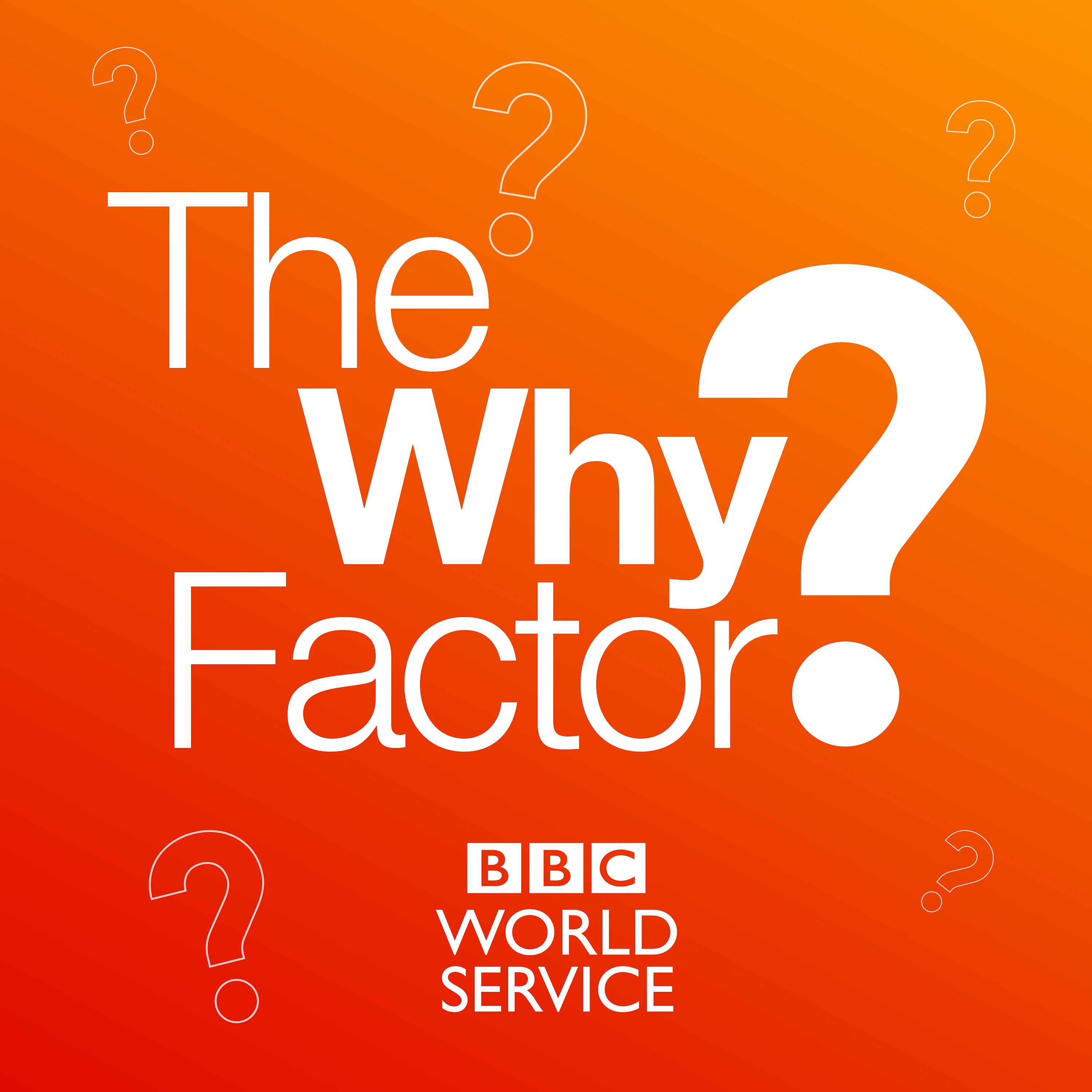
Meritocracy
The Why Factor
The concept that you can get ahead on your work and talents, also called meritocracy, is something we mostly agree is good. We also equate it with a fairer society, one where the social order is not determined by birth but one which gives us some sort of agency over our futures. However the term itself was coined as a warning. So why do we believe in it so strongly? The sociologist Michael Young first used the term to describe a dystopia where believing in meritocracy would legitimise inequality. We speak to his son, the journalist Toby Young, about his father’s and his own views about shortcomings of meritocratic societies. We hear from schoolgirls in inner-city London who question meritocracy, but are determined to get ahead in the world regardless. Entire cultures and societies are formed around the concept of meritocracy. Psychology Professor Shannon McCoy tells us about the American Dream and how buying into it can alter people’s well-being, and Prof Ye Liu tells us about the civil servant exams of ancient China and the country’s current relationship with meritocracy. Finally the author Anand Giridharadas cautions us about buying into this concept and gives us the view from both India and Silicon Valley, and consultant Joelle Emerson talks about how she tries to help tech companies in California hire more diverse workers. Presenter: Nastaran Tavakoli-Far Producer: Ivana Davidovic Editor: Richard Knight
Next Episodes

Speed @ The Why Factor
📆 2019-02-11 10:15 / ⌛ 00:24:27

Blame @ The Why Factor
📆 2019-02-04 15:00 / ⌛ 00:24:31

Smart Speakers @ The Why Factor
📆 2019-01-28 10:30 / ⌛ 00:23:06

Giving Presents @ The Why Factor
📆 2019-01-21 10:30 / ⌛ 00:22:59

Fitness Apps @ The Why Factor
📆 2019-01-14 16:32 / ⌛ 00:24:11